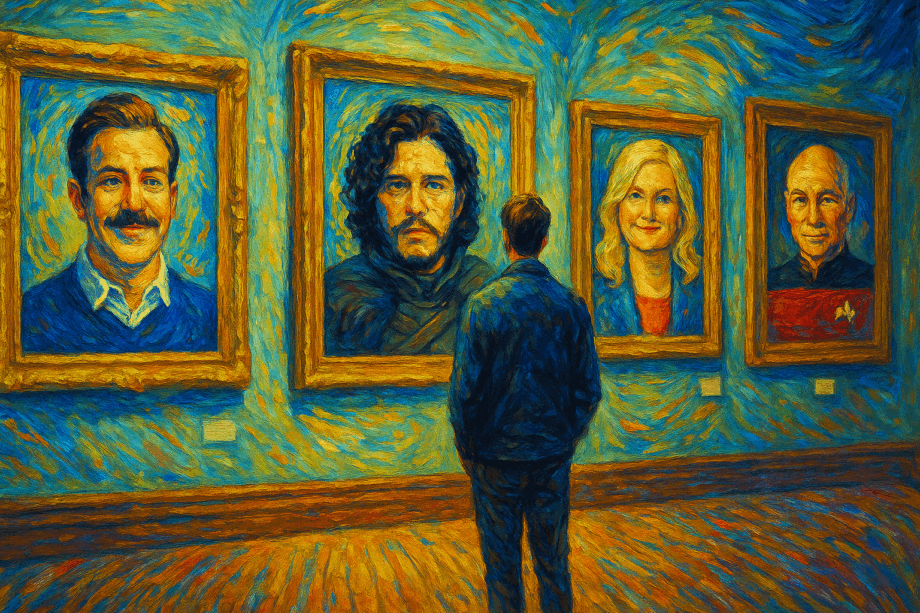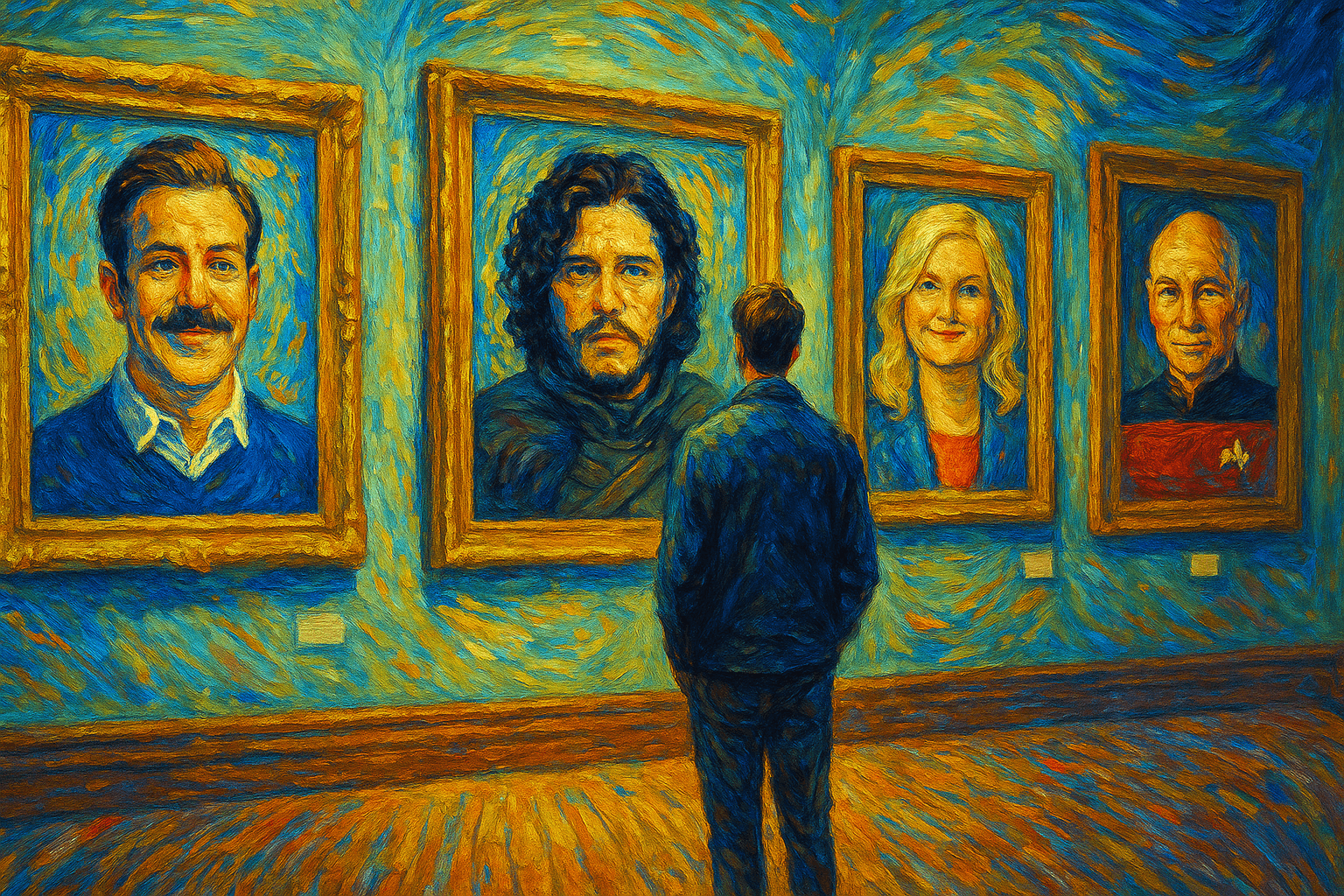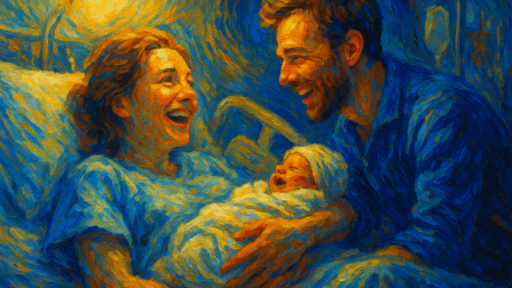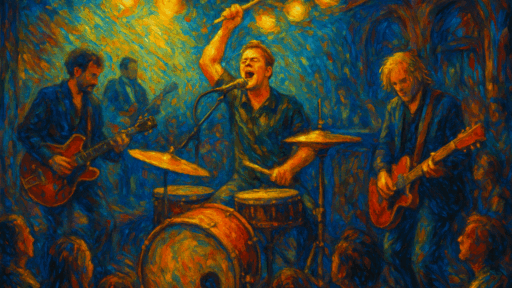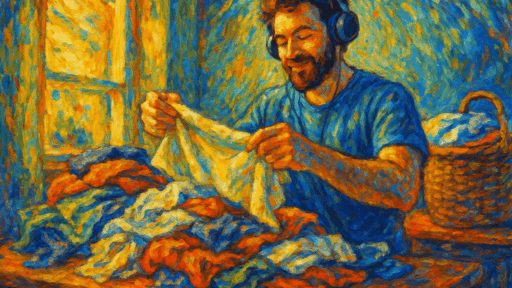List Updated: 9/12/2025
“The best stories are about people; they reveal our hearts and souls, even when we don’t expect them to.”
Neil Gaiman
My memory for TV is unreliable.
I forget storylines, finales, even whole seasons. But the characters? They move in, take up space, and never seem to leave.
They’re the ones who made me laugh at funerals, cry during comedies, and wander around quoting lines in situations meant for battlefields as if they applied to grocery shopping.
This isn’t a definitive list of “the greatest characters of all time.” It’s just my list. A love letter to the fictional friends, mentors, and oddballs who, in their own strange way, made the world feel warmer, funnier, and more alive.
Bill Haverchuck, Freaks and Geeks
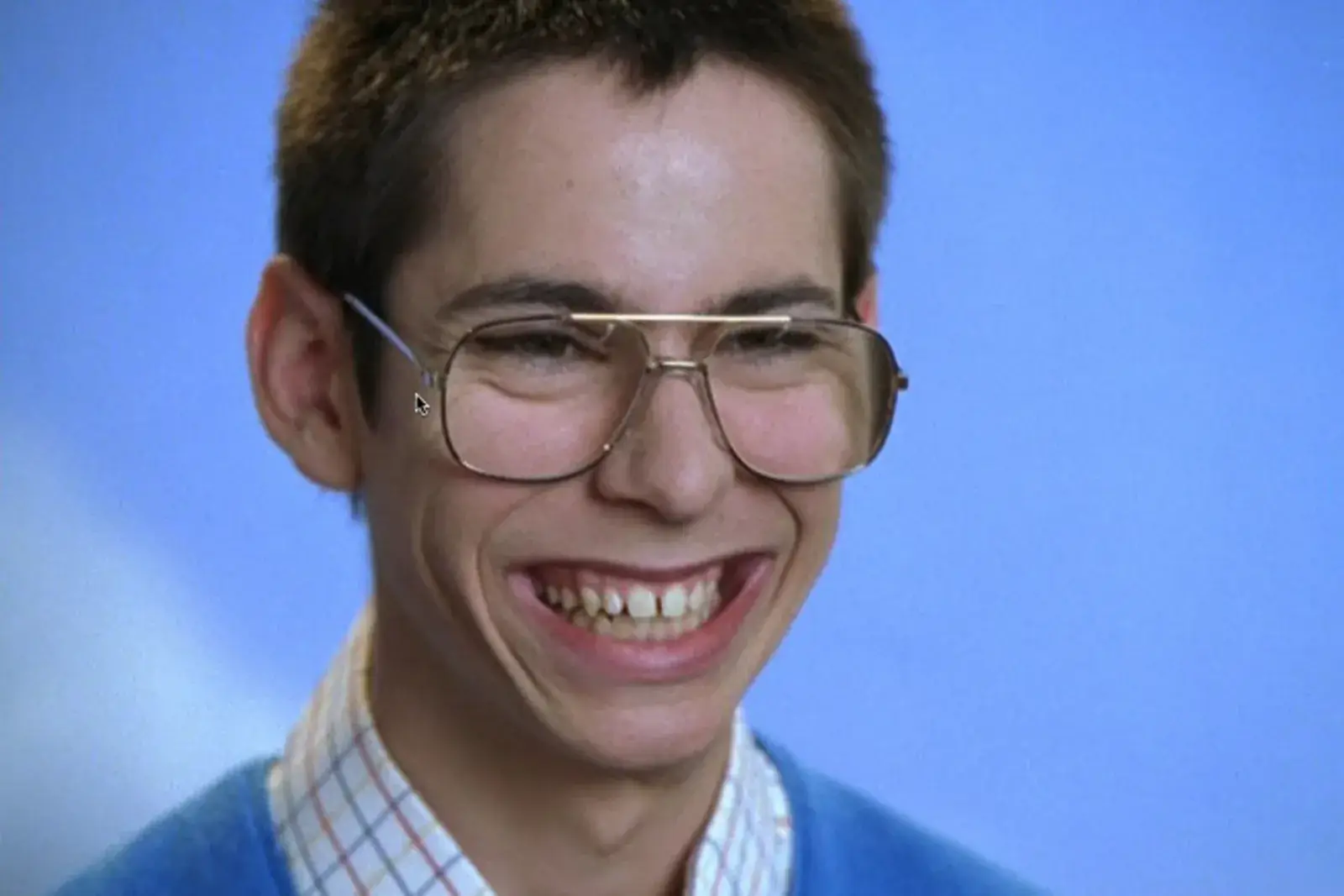
When Freaks and Geeks aired, I was the right age to watch it…
But instead, I missed it entirely and spent those years doing whatever it was I thought was more important—probably perfecting a mixtape no one asked for.
I didn’t meet Bill Haverchuck until adulthood, when nostalgia had made me soft enough to fall head over heels for a gawky teenager who wasn’t even real.
There’s one scene I can’t shake, and if you’re a fan of the show you already know the one. Bill comes home, makes himself a grilled cheese, and laughs hysterically at Garry Shandling on TV.
That’s it.
No big moment, no dramatic twist—just a kid, a sandwich, and a laugh.
And somehow it’s devastating.
The kind of small, ordinary scene that sneaks up on you years later and won’t let go.
Bill was funny without realizing it, tragic without trying, and made asthma inhalers look like government-issued survival gear. He was the kind of character you wanted to root for, protect, maybe even hand a second grilled cheese.
In a cast full of freaks and geeks, Bill was both—and for me, that made him unforgettable.
Data, Star Trek: The Next Generation
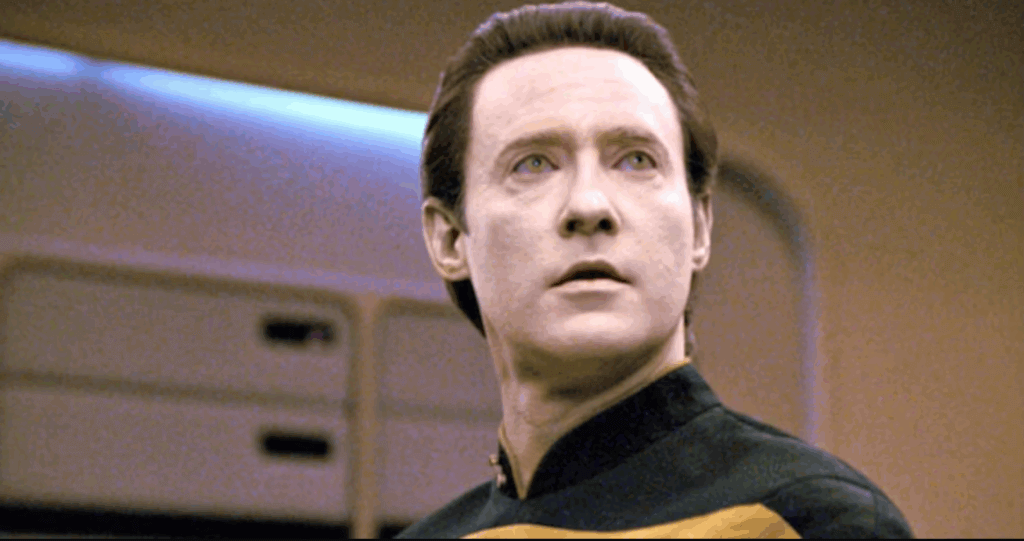
Of all the characters to orbit the Star Trek universe, none won me over quite like Lieutenant Commander Data. He was the android who wanted nothing more than to be human, which is a little like a Michelin-starred chef wishing he could microwave Hot Pockets.
Data was brilliant, loyal, and occasionally oblivious.
He could compute probabilities faster than anyone on the Enterprise, but couldn’t quite nail a punchline—or understand why someone thought sneezing was funny. His attempts at humor were so earnest they looped back around to being funny anyway.
And yet, there was always something quietly profound about him.
While the rest of us muddle through life trying to be more accomplished, more efficient, more… everything, Data’s deepest desire was to feel. To stumble, to misstep, to laugh for real.
That longing made him the heart of the Enterprise, even if his circuits never quite understood why.
David Rose, Schitt’s Creek
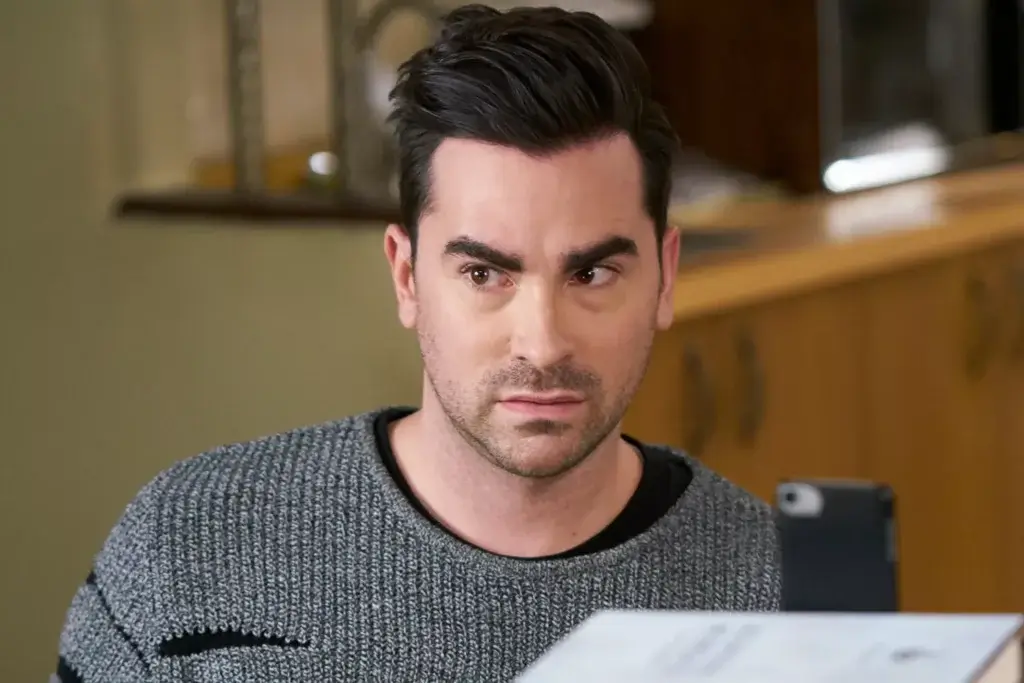
David Rose is proof that a character can be equal parts ridiculous and deeply lovable.
At first glance, he was all eye rolls, sighs, and melodramatic pronouncements (e.g. “I’m trying very hard not to connect with people right now…”). But underneath the couture and sarcasm was a character who turned out to be disarmingly tender.
What made David unforgettable wasn’t just his vocabulary of withering glances—it was his slow, reluctant blossoming into someone who could trust, love, and risk looking foolish. Watching him fall for Patrick was one of those rare TV arcs that managed to feel both hilarious and genuinely moving.
For me, David embodies the magic of characters who are both armor and vulnerability at once.
He strutted into scenes like a fortress of sarcasm and left them reminding us that even the prickliest among us still just want to be known, accepted ….and maybe told our outfit is spectacular.
Eric Taylor, Friday Night Lights
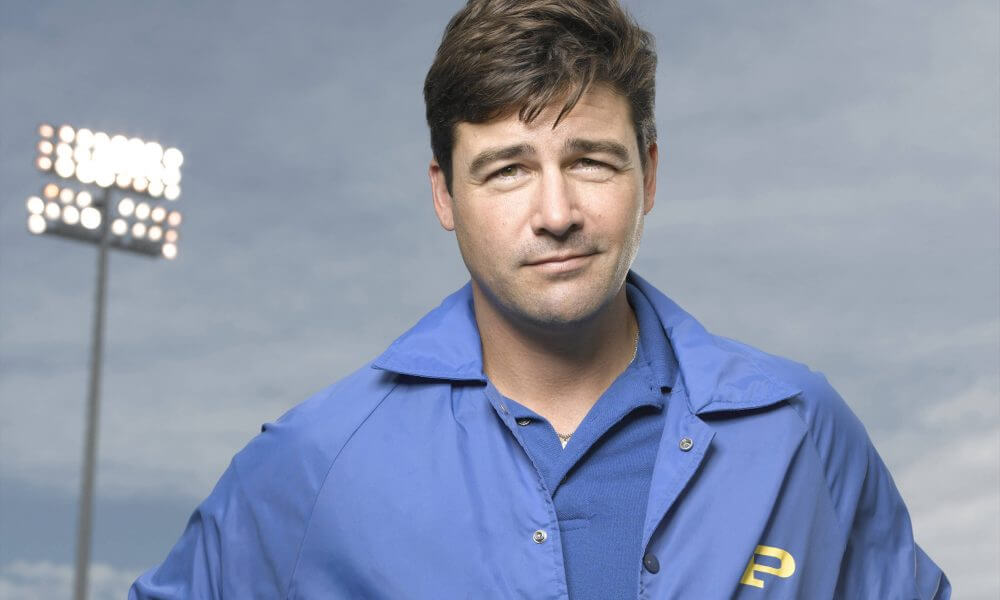
Eric Taylor is the reason half of us believe we could give a halftime speech if called upon. He had a gift for turning football into poetry—short, blunt, and delivered with a squint that suggested he wasn’t mad, just deeply disappointed.
Coach Taylor was more than wins and losses, though.
He was the kind of character who carried the weight of an entire town on his shoulders, and somehow still found a way to come home, sit at the kitchen table with Tami, and be vulnerable.
His speeches on the field were legendary, but the quiet moments—the conversations with his players, the weary sighs at home—were where the real magic lived.
For me, Coach Taylor embodied a rare mix: equal parts toughness and tenderness. He could yell at you to “Get your head in the game” and then, in the next breath, remind you that your worth was bigger than football.
Clear eyes, full hearts, can’t lose—but even if you did lose, he’d still have your back.
Jack Arnold, The Wonder Years
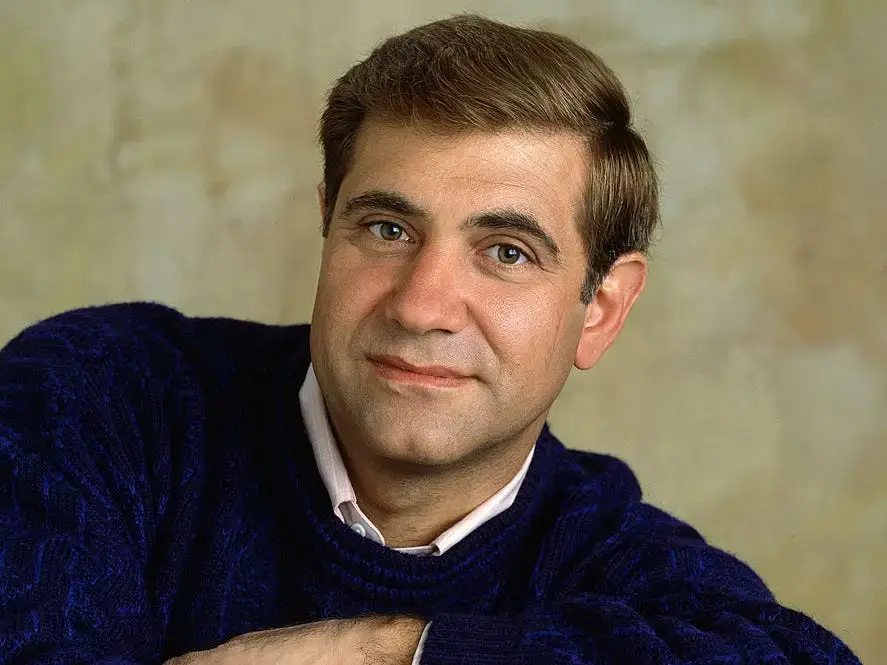
Jack Arnold was no one’s idea of a warm and fuzzy TV dad.
He came home tired, loosened his tie like it was trying to strangle him, and barked orders at the dinner table with the authority of a man who’d spent all day being barked at himself.
And yet, behind the furrowed brow and monosyllabic grunts was a dad who clearly, deeply cared.
He wasn’t going to sit you down for a heart-to-heart about your feelings—he’d sooner fix the leaky faucet and call it a day—but every so often, he’d surprise you with a look or a word that said everything without saying much at all.
For me, Jack Arnold was unforgettable because he felt real.
Not sitcom-dad perfect, not Hallmark-card sentimental. Just a guy carrying the weight of work, family, bills, and the general unfairness of life, trying to do right by the people at his table.
Jaime Lannister, Game of Thrones
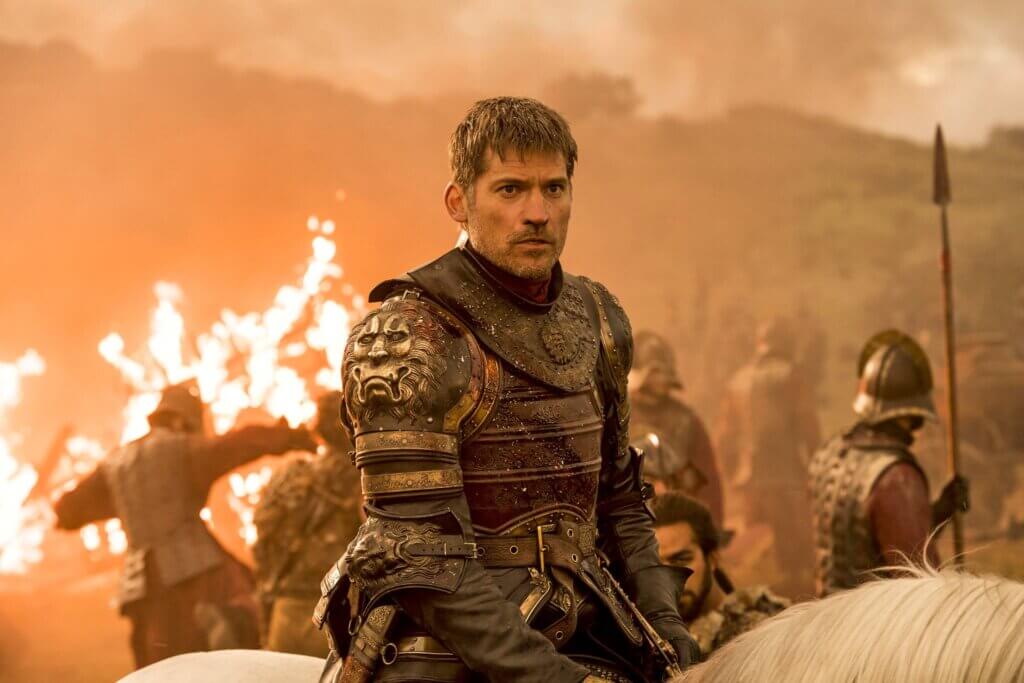
Jaime Lannister had no right to be likable.
He started out as the sort of guy who, if introduced at a party, you’d politely avoid and later warn your friends about. Arrogant, morally questionable, and inconveniently good-looking—he was, frankly, insufferable.
But then something strange happened.
Over the seasons, Jaime morphed from smug, golden-haired villain into someone I actually rooted for, often against my better judgment. Beneath the polished arrogance was a deeply flawed, surprisingly vulnerable man desperate to define himself beyond the labels everyone else had slapped on him.
His arc—from Kingslayer to reluctant hero—felt honest in a way television rarely manages. Jaime was complicated, messy, occasionally infuriating, and oddly relatable. He made mistakes, wrestled with identity, and spent a good deal of time looking exhausted by the weight of expectation.
Maybe that’s why I ended up cheering him on. He wasn’t noble or pure—he was human, in all its glorious, uncomfortable complexity.
Jamie Tartt, Ted Lasso
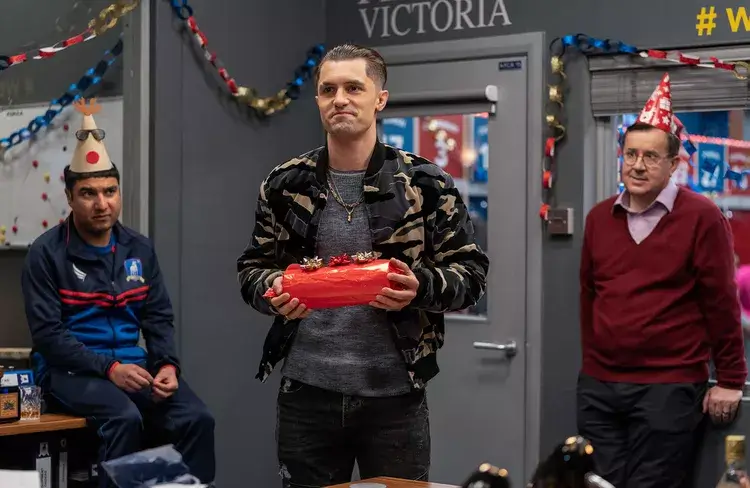
Jamie Tartt entered Ted Lasso like a cologne ad that had somehow gained consciousness. Preening, pouting, third-person self-referencing—he was the human equivalent of a ring light. You weren’t supposed to take him seriously, and he made sure you didn’t by doing things like singing his own name to the Baby Shark song.
But the joke was on us.
Because buried under the spray tan and hair product was a surprisingly layered character.
Jamie’s arrogance was real, but so were his insecurities, and watching him slowly stumble toward something like humility was unexpectedly delightful.
It turns out even prima donnas are capable of growth… provided they’re coached by Ted Lasso, reluctantly adopted by Roy Kent, and still have a mum who loves them loudly, weirdly, and without condition.
JD and Turk, Scrubs
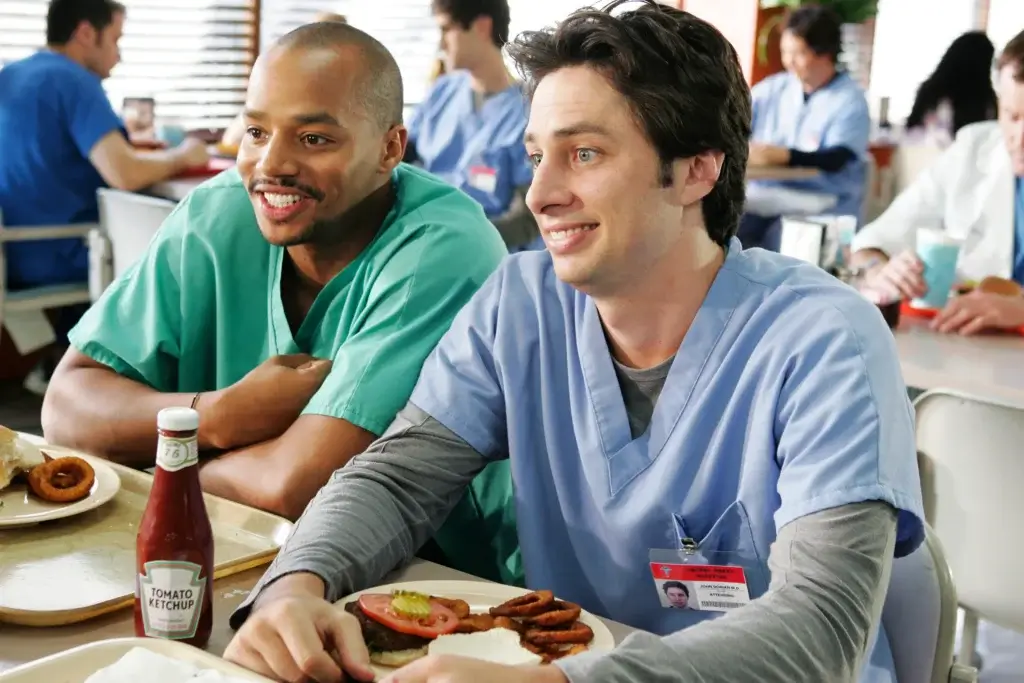
Some TV friendships feel written. JD and Turk felt lived-in—the inside jokes, the ridiculous songs, the way they turned even a hospital hallway into a stage.
They weren’t just best friends. They were a love story disguised as a bromance, complete with slow-motion reunions and the kind of comfort only two people who knew each other inside-out could pull off.
And beneath all the silliness was something deeper.
Their friendship made space for male vulnerability on television without apology or qualification. They loved each other openly, loudly, and sincerely, and that honesty made the comedy hit harder and the tenderness feel real.
Friendship, as JD and Turk lived it, wasn’t tidy or dignified—it was loud, silly, sincere, and absolutely essential.
In short… it was guy love, between two guys.
Jean-Luc Picard, Star Trek: The Next Generation

Admitting you’re a Star Trek fan is a bit like admitting you have strong opinions about font kerning: people nod politely and start looking for the hors d’oeuvres.
But the truth is, my love of Star Trek has very little to do with warp drives or guys in Halloween-store prosthetics. It has everything to do with one bald Frenchman who somehow had a British accent: Captain Jean-Luc Picard.
Picard made leadership look dignified and theatrical at the same time. He could defuse a galactic crisis with a speech, silence a Klingon with a stare, and order tea like it required Senate approval. He was part philosopher, part disappointed dad, part museum docent who knows you touched the exhibit.
And that’s why he’ll always be my favorite Trek captain. Because no matter the crisis—intergalactic war, diplomatic meltdown, or questionable Vulcan haircut—Picard could still find a way to adjust his uniform, strike a pose, and declare with absolute certainty:
Make it so.
Jon Snow, Game of Thrones

Jon Snow was the brooding hero who never quite fit anywhere.
Bastard at Winterfell, outcast at the Wall, awkward at parties, perpetually damp. He carried himself like the weight of the realm was on his shoulders—which, inconveniently, it often was.
And for all his noble speeches and self-sacrifice, he also had a talent for doing the dumbest possible thing in the name of loyalty. Jon would march into impossible battles, confess secrets no one asked him to confess, and then act genuinely shocked when people questioned his decision-making.
But that’s part of what made him great.
He wasn’t clever, he wasn’t slick—but he was loyal. Painfully, stubbornly loyal. The kind of loyalty that looked a lot like idiocy until you realized it was also the purest form of bravery.
Leslie Knope, Parks and Recreation
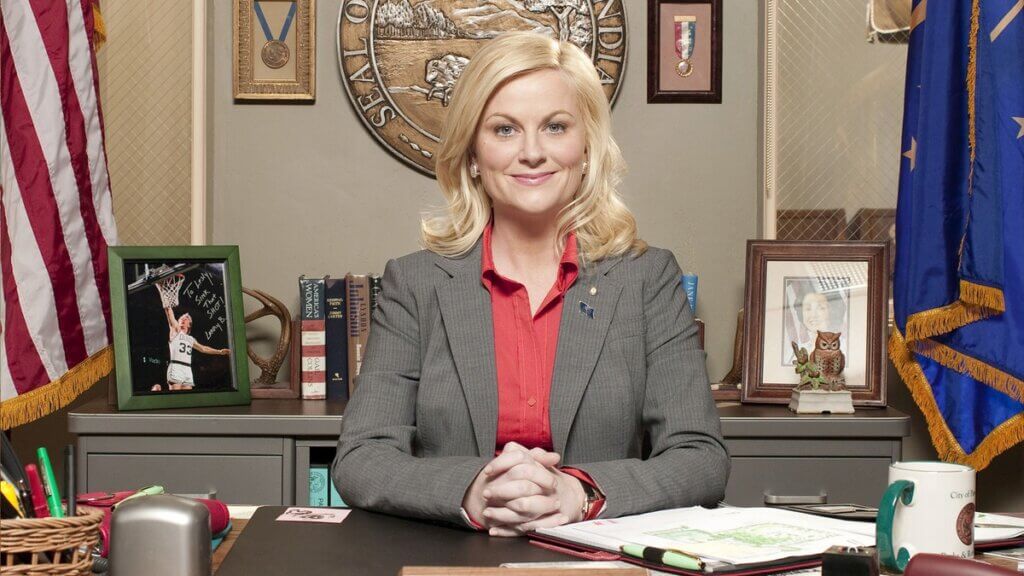
What made Leslie Knope remarkable wasn’t her color-coded binders or her relentless optimism—it was the way she put people first.
For all the jokes about her being over-caffeinated or over-prepared, what defined her was an almost stubborn devotion to her friends, her town, and anyone lucky enough to be pulled into her orbit.
She believed in people, sometimes more than they believed in themselves. She celebrated their wins louder than her own. She made room for their flaws, forgave quickly, and loved without hesitation. And yes, she sometimes drove everyone crazy in the process.
Leslie Knope didn’t treat friendship as a side plot—she treated it like the main story. And in doing so, she made it clear that politics, work, even ambition were only worthwhile if they were in service of the people you love.
That’s why Leslie stands out: not as a caricature of enthusiasm, but as proof that choosing people—loudly, inconveniently, relentlessly—isn’t weakness at all.
It’s the whole point.
Mister Rogers, Mister Rogers’ Neighborhood
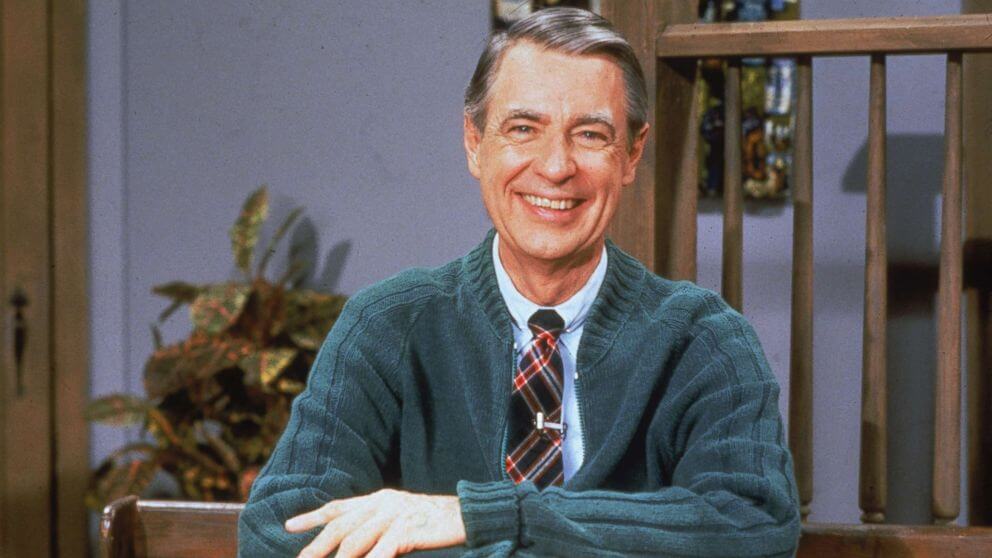
Mister Rogers wasn’t playing a character.
He was simply himself—gentle, kind, endlessly patient. And somehow that was more radical than any twist or cliffhanger television has ever produced.
Every episode was a masterclass in presence.
He didn’t rush. He didn’t shout. He just looked into the camera and spoke to children like they mattered—because to him, they did. While the rest of TV chased spectacle, Mister Rogers tied his shoes slowly, fed the fish, and reminded us that love, spoken aloud, could change the world.
What made him extraordinary wasn’t grand gestures, but the consistency of his care. He believed, with a conviction that bordered on defiance, that children deserved to feel seen, safe, and loved.
Mister Rogers didn’t just make good television. He made a better neighborhood out of the living rooms he entered.
And in the process, he showed us all what it really looks like to be a beautiful human being.
Dr. Perry Cox, Scrubs

Dr. Cox was a hurricane of sarcasm and monologues—half brilliant medical insight, half psychological warfare.
But underneath all that noise was something harder to miss the longer you watched: he cared. Fiercely, relentlessly, and often to his own detriment.
His anger wasn’t cruelty—it was the armor of someone who felt the stakes too deeply to pretend otherwise. He pushed because he knew lives depended on it.
And when the sarcasm slipped, when grief or tenderness broke through, you saw how much of himself he poured into every patient and every student. That contradiction—the biting misanthrope who quietly gave everything he had—is what made him unforgettable.
Dr. Cox was complicated, exhausting, and sometimes infuriating. But he was also brilliant, loyal, and more devoted than he’d ever admit.
Raymond Holt, Brooklyn Nine-Nine
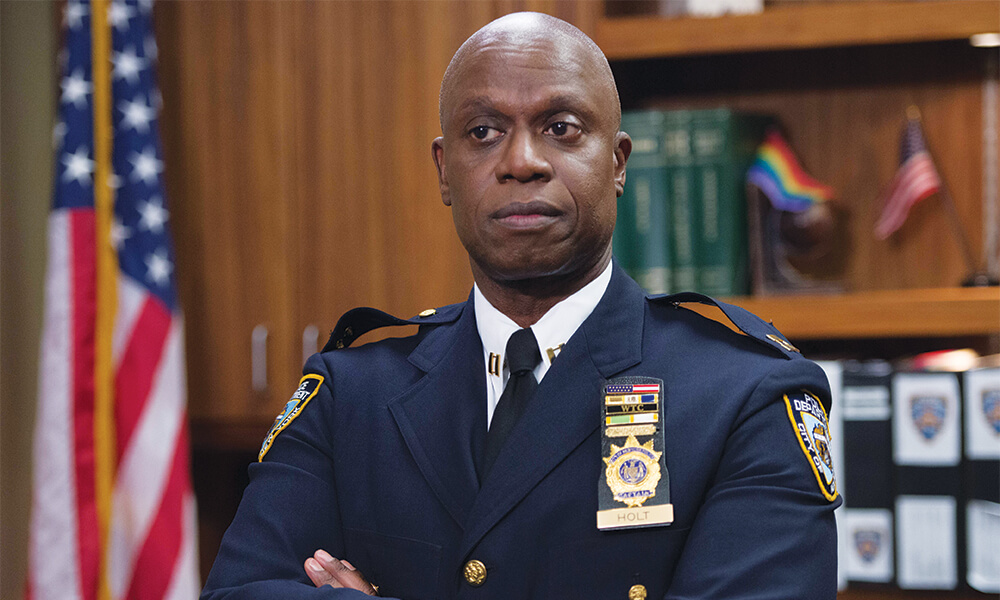
Captain Holt could get a laugh without moving a single muscle.
One arched eyebrow, one perfectly flat line delivery, and suddenly he was the funniest man in the room—mostly because he seemed blissfully unaware that comedy was happening at all.
But Holt wasn’t static.
Over the seasons, you watched him stretch in ways both ridiculous and tender. He went from policing every syllable of his squad’s behavior to genuinely enjoying their chaos—though always in moderation, and preferably with a well-timed sigh.
His devotion to Kevin, his deadpan celebrations, his grudging affection for Jake… it was like watching a glacier crack just enough to reveal a glittering river beneath.
What made him so great was the way dignity and absurdity coexisted.
Holt could deliver a moving speech about justice one minute, then follow it with an unblinking explanation of how much he loved a corgi named Cheddar. Both felt equally true.
He was a captain, a mentor, a master of silence-as-weapon.
But he was also proof that people can evolve—sometimes slowly, sometimes hilariously—and still keep their perfectly pressed suits intact.
Ron Swanson, Parks and Recreation
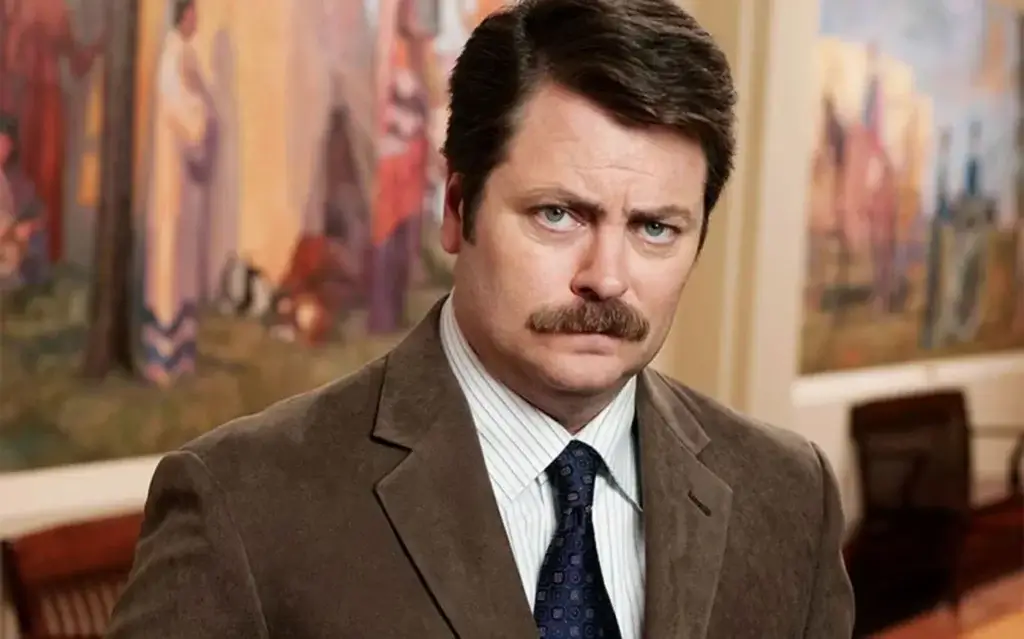
Ron Swanson was a man of contradictions.
A government employee who hated government, a woodworker with the soul of a poet, a libertarian who somehow ended up raising two families—the one at home and the one in the Parks Department.
On the surface, he was all steak, whiskey, and scowls.
He believed veganism was a crime, salad was punishment, and fishing should be done with explosives whenever possible. He could end a conversation with one grunt and destroy a city council proposal with one glare.
And yet, for all the bluster, Ron was quietly devoted to the people around him.
He never asked for credit, rarely gave praise, and often expressed love in the form of gruff advice or well-timed silence. But when his friends needed him, he showed up—not with speeches or binders, but with presence, loyalty, and the occasional perfectly carved canoe.
Ron Swanson made it clear that caring doesn’t always look like enthusiasm.
Sometimes it looks like a mustache, a breakfast plate, and a man who says almost nothing—but means every word.
Roy Kent, Ted Lasso
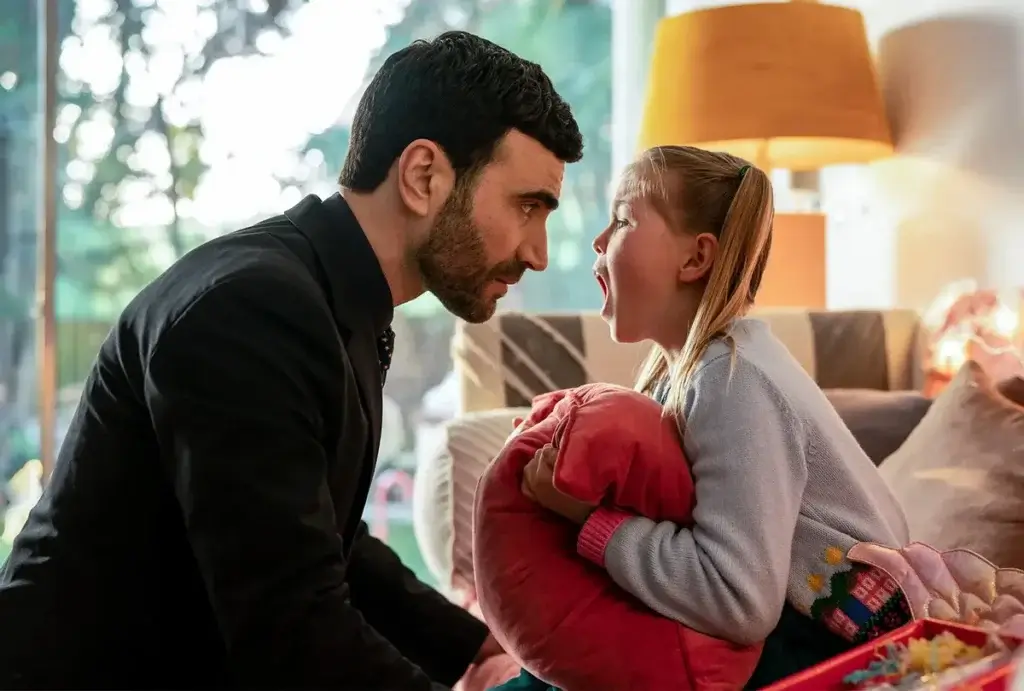
Roy Kent spoke like every word was costing him money. A perpetual growl, a vocabulary built mostly on profanity, and the permanent scowl of a man who’d stubbed his toe in 1998 and never quite recovered.
And yet, the grumpiest man in Richmond kept getting pulled into relationships that cracked him open. With Ted, he found patience he didn’t think he had. With Rebecca, mutual respect that didn’t need to be said out loud. With his niece, a kind of soft-hearted devotion that made all the swearing somehow tender.
And then there was Jamie.
Watching Roy mentor the one player he once despised was one of the best parts of the show. The old Roy would have shoved Jamie into traffic. The new Roy shouted at him just as much—but now it was the shouting of someone who cared, who believed he could be better, who was willing to stand next to him and prove it.
Roy Kent was hilarious because he never stopped growling. But he was unforgettable because, against all odds, he grew.
He let love in, he let people matter, and he somehow made “fuck” sound like the sincerest form of affection.
Sam Fox, Better Things
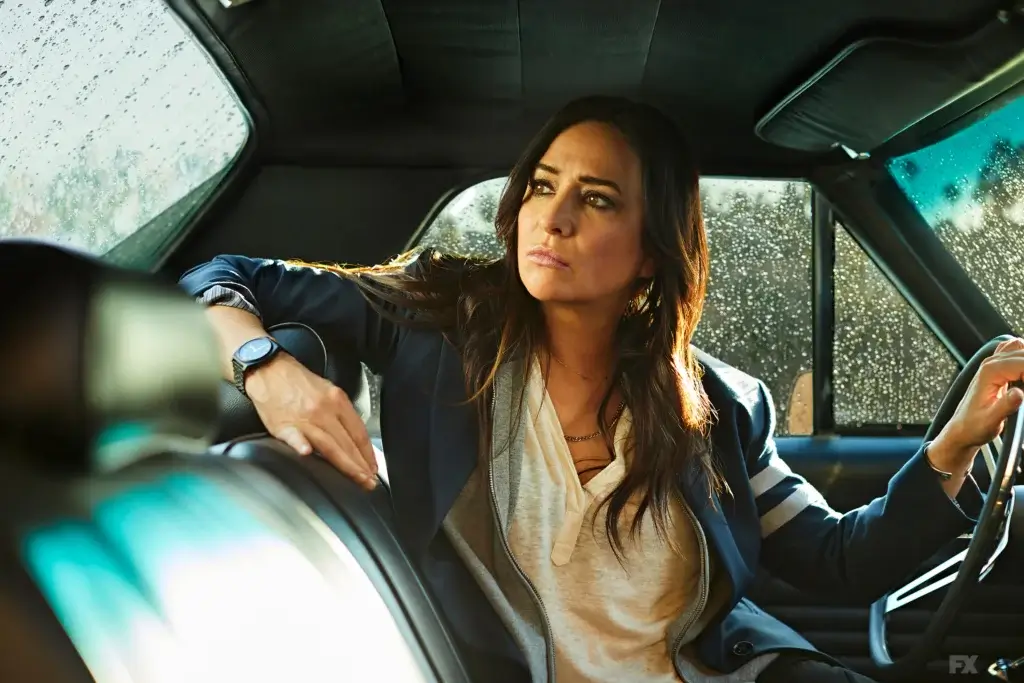
Sam Fox was a single mom, a working actress, a reluctant caretaker, and the kind of woman who always seemed five minutes from a breakdown but somehow kept everything standing anyway. She swore too much, worked too hard, loved too fiercely, and cooked meals that felt less like dinner and more like therapy conducted with olive oil.
What made her so compelling was that she wasn’t polished.
She didn’t deliver sitcom wisdom in neat little packages. She stumbled, she raged, she failed. But she also showed up—over and over again—for her kids, for her friends, for her mother, even when they didn’t deserve it and even when she barely had anything left to give.
Sam made parenting look both impossible and holy.
One minute she was unloading on her daughters in full-volume frustration, the next she was holding them as if the world might split apart without her arms around them. She was funny, maddening, deeply human—and in her imperfections, she was perfect.
Sam Fox wasn’t aspirational in the usual TV sense. She was better.
She was real.
And in her loud, messy, complicated way, she made being human look like enough.
Tami Taylor, Friday Night Lights
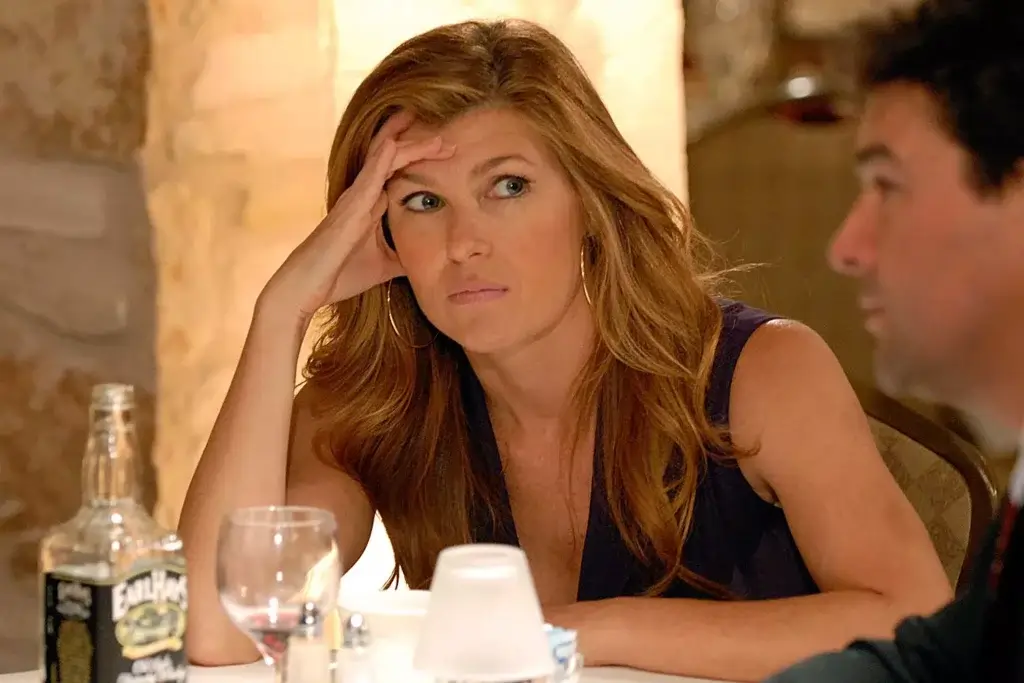
Tami Taylor didn’t deliver wisdom like a sermon. She slipped it in sideways, usually while pouring a glass of wine or fixing you with that look that meant she already knew the truth you were about to fumble through.
Her gift wasn’t volume—it was precision.
A raised eyebrow, a gentle nudge, a question that cut right to the bone. She had a way of making people feel seen, sometimes uncomfortably so, but always with the kind of compassion that made you want to rise to her expectations.
In a town where football was treated like religion, Tami was the quiet counterweight—the one who reminded everyone that grades mattered, choices mattered, people mattered. And somehow, she did it all while keeping her marriage intact, her daughter mostly upright, and her sanity just barely preserved.
Tami Taylor’s gift was simple: she made honesty feel less like a lecture and more like love.
Ted Lasso, Ted Lasso
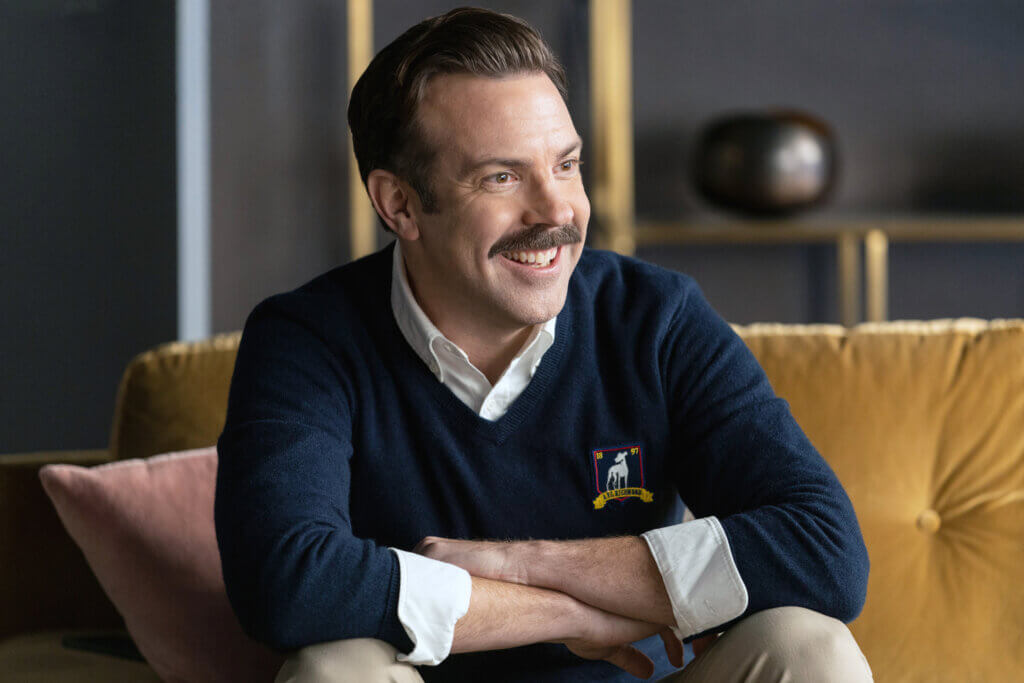
Ted Lasso isn’t just a fictional coach on TV—he’s practically an emotional support human. He arrived in Richmond with dad jokes, homemade biscuits, and a smile big enough to make you suspicious.
At first, he seemed like a caricature: too earnest, too positive, too much. But then the layers started peeling back.
Behind the relentless optimism was heartbreak, anxiety, and a man barely holding himself together. And somehow, that only made his kindness more powerful.
It wasn’t naïveté. It was a choice. A stubborn insistence that empathy, curiosity, and humor could be stronger than cynicism.
What made Ted extraordinary wasn’t that he turned a losing team into winners—it’s that he turned strangers into family. He listened when it would have been easier to lecture, forgave when it would have been easier to rage, and celebrated others in ways that made his own ego almost invisible.
Ted Lasso made it clear that joy isn’t the absence of pain—it’s the decision to keep showing up with hope anyway.
Tyrion Lannister, Game of Thrones

Tyrion Lannister was never the strongest or the bravest, but he was almost always the smartest—and he knew it. His weapons weren’t swords or armor, but sarcasm, strategy, and a wine goblet he treated like a permanent accessory.
At first, he seemed like a punchline: the drunken, lecherous Lannister out to amuse himself while everyone else played at power. But underneath the jokes was a man who’d been underestimated his entire life, and who used that underestimation as both shield and sword.
He read when others plotted, listened when others blustered, and found ways to survive when survival seemed impossible.
Tyrion was at his best when he was both broken and brilliant.
He drank too much, said too much, lost too much—and yet, he kept clawing his way back with words sharper than steel. His wisdom was never clean or perfect; it was the kind that comes from pain, and the humor of someone who’s had to laugh in order not to break.
He was flawed, fragile, loyal, funny, tragic, and impossible not to root for.
In a world built on power and cruelty, Tyrion proved that cleverness, honesty, and a well-timed joke could be just as mighty as any army.


